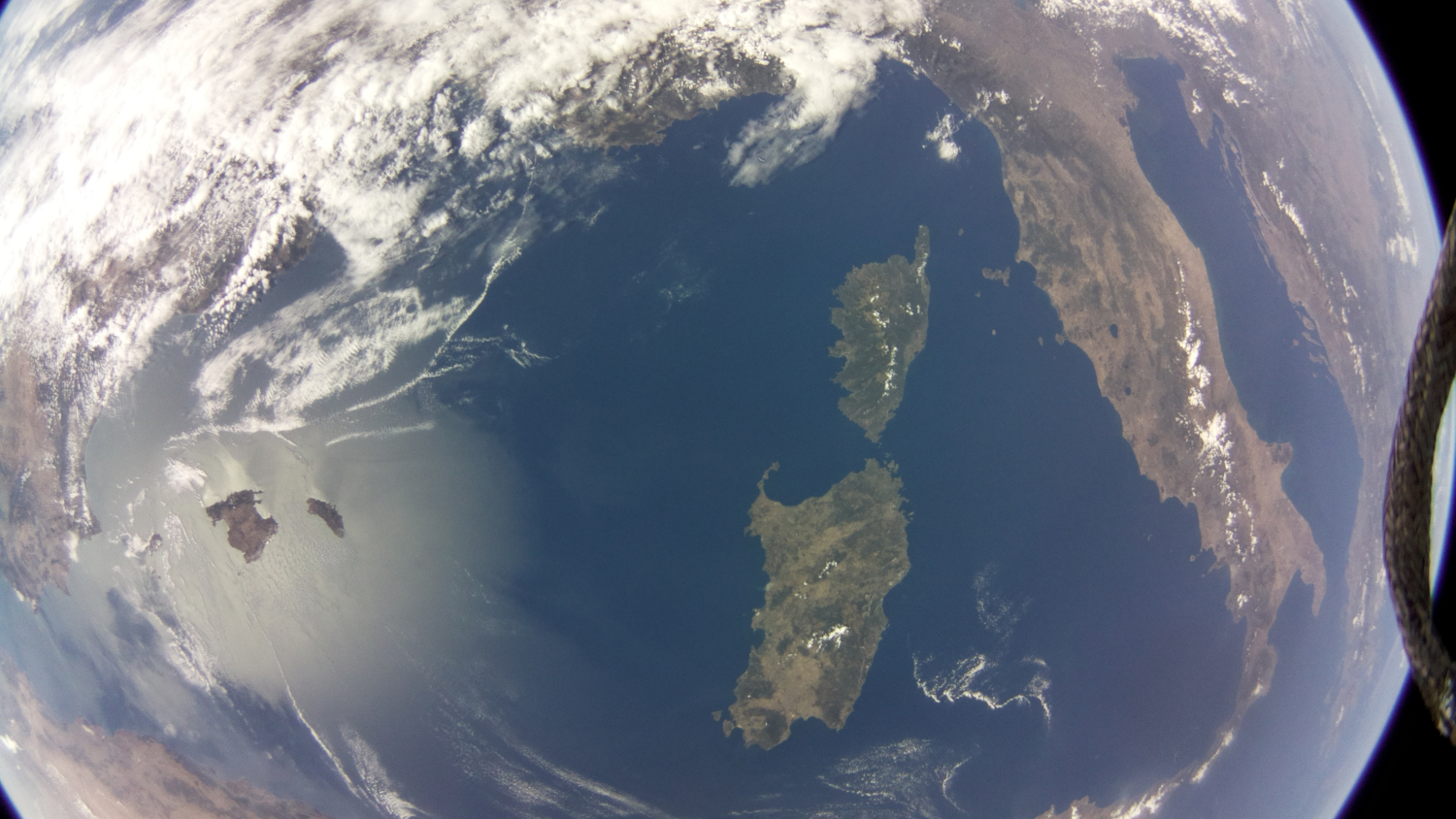Pi in the Sky: Raspberry Pi Photographs, Records Earth From Space
Yesterday we covered a biohacking project called PegLeg that implanted modified Raspberry Pi Zero Ws into three volunteers. We figured that would be the only unexpected place a Raspberry Pi would turn up this week, but Surrey Satellite Technology Ltd (SSTL) today announced that it sent a Raspberry Pi Zero into space on its DOT-1 satellite, and it's got the photo and video evidence to prove it.
Not to put too fine a point on it, but that means we've reached the point where Raspberry Pi can be used for marketing stunts involving space machines, which is a long way from the novelty it used to be. (But that isn't to say the Raspberry Pi is no longer novel; we're pretty sure biohacking and space pictures are cool.) The photo above and video below were both captured by the Raspberry Pi Zero on the DOT-1.
SSTL explained how it set up the camera and Raspberry Pi on the DOT-1 satellite:
"After image capture using the camera, the data was stored on the Raspberry Pi computer and then downlinked to SSTL’s ground station in Guildford via the Core-DHS. The new Core-DHS is designed to provide the same level of functionality as SSTL’s heritage equivalent avionics stack, but with a significantly reduced mass and volume, and it consolidates the S-Band Transmitter and Receiver, Global Positioning System, Attitude & Orbit Control System, Interface Module and Bridge and On Board Computer into one module."
The configuration was set up with help from the Surrey Space Centre. SSTL managing director Sarah Parker said in the announcement that the Raspberry Pi's success with this side mission means the company can now "evaluate for future missions where it could be utilised for spacecraft 'selfies' to check the operation of key equipments, and also for outreach activities."
Get Tom's Hardware's best news and in-depth reviews, straight to your inbox.

Nathaniel Mott is a freelance news and features writer for Tom's Hardware US, covering breaking news, security, and the silliest aspects of the tech industry.

